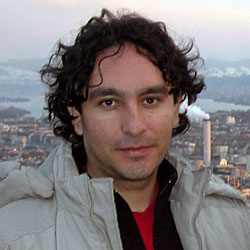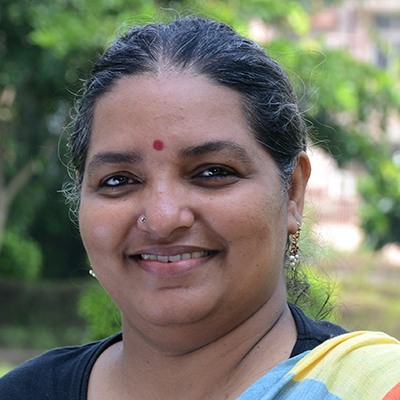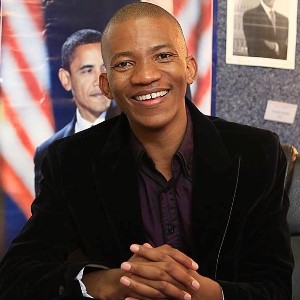Join us as we resume our SIT Critical Conversations Webinar Series. Through these free virtual events, current and prospective students, academic advisors, faculty members, and interested global citizens can hear from SIT faculty, guest speakers, alumni, and others around the world as we come together to confront our own assumptions and address the most critical global issues of our time.
School for International Training (SIT) developed our Critical Global Issues framework as the basis for all of our undergraduate and graduate programming. Through this framework, we seek to develop the next generation of changemakers with the expertise and intercultural understanding to engage all identities, perspectives, and cultures through respectful, enduring, and meaningful interaction.
We kick off the 2023 series with two timely panels: on democracy in Peru, and gender and sexuality through decolonial perspectives. Please scroll down to find out more about these panelists and discussions, and to register.




The Difficult Invention of Democracy in Peru: Ethnic and Power Issues
Thursday, April 6 | 12 - 1:30 PM ET | Register
Two years after celebrating the 200th anniversary of its independence, Peru is going through one of the most difficult moments in its republican history. Indigenous peoples were hopeful that democracy would vindicate their rights, which have been suppressed since colonial times and barely recovered during the socialist military dictatorship of the 1970s. Instead, democracy in Peru today is used to delegitimize the rights of Indigenous peoples and hinder their access to power. This panel attempts to explain how ethnicity and democracy are used to limit the rights of Indigenous peoples and their political participation in the Peruvian state.
Contesting Gender and Sexuality Through Decolonial Perspectives
Thursday, April 20 | 10 - 11:30 AM EST | Register
This panel will center contested narratives of gender and sexuality by exploring current decolonial trends in India, South Africa, and the United States. The panelists will speak to the socio-cultural, religious, public health, and historical ways in which gender and sexual identities have been constructed and defined in their respective countries, and how decolonial representations shape the present and possible futures. Panelists will also explore political projects, societal trends, and educational systems that support or undermine decolonizing movements around gender and sexuality in each location, and the ways in which individuals and institutions are responding to these contestations.